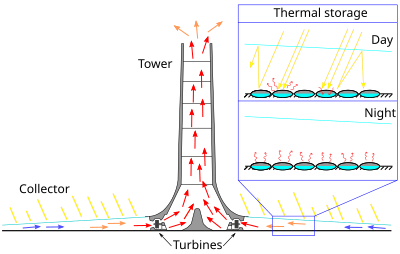Stolen Rutters
Deity
I don't doubt Peak Oil with regards to crude is here or very near, but it seems like non-crude sources are ramping up to allow our total consumption growth to continue.
From http://omrpublic.iea.org/
Total supply
Global oil supply rose by 0.4 mb/d to 88.1 mb/d in November, largely due to increased non-OPEC production, notably from Canada, Kazakhstan and Brazil.
For Crude
4Q10 global throughputs are estimated at 73.8 mb/d, 1.8 mb/d less than 3Q10, but still a healthy 1.3 mb/d above a year ago.
Total demand
Global oil product demand is revised up by 130 kb/d to 87.4 mb/d in 2010, and by 260 kb/d to 88.8 mb/d in 2011
I also read somewhere that because the industry is starting to tap more higher cost supplies like deepwater sources and oil shale, we shouldn't have a price shock as we did 3 and 4 years ago. I don't have time to track down those links though, but it sort of makes sense to me. Prices rise but new sources will help minimize any shock to the system... It could happen, a lack of a price shock I mean.



